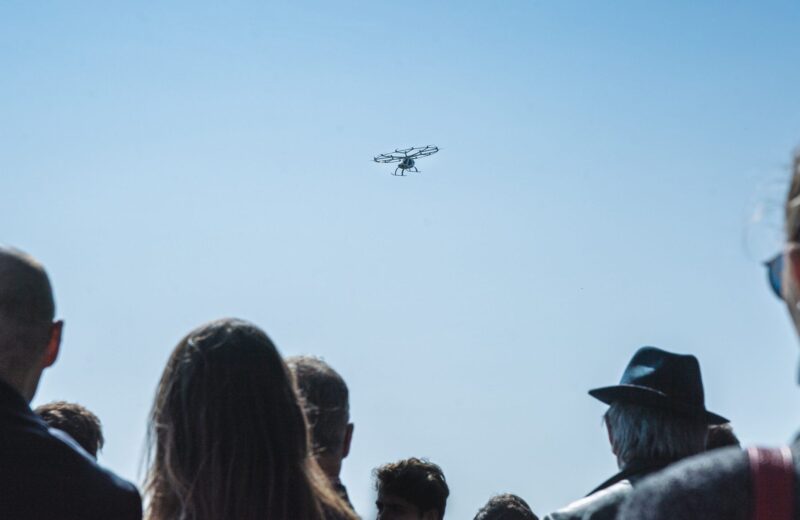First crewed-flight, milestone to Olympic service

exc-62470c2f474d5d791a2b28f7
The Olympic Games is a two-week event that takes years to plan and, often, just as long to pay off. (Montreal is still feeling the impact from 1976)
Spending on the Olympic stadium is minor in comparison with a host city’s investment in its transport infrastructure. During Sydney 2000, increased trains, buses and a 10% surcharge on taxis typically cut any peak time trip in half. For the Winter Olympics in Sapporo, Japan in 1972, just 5% of the $17.25bn (¥210bn) budget was spent on sporting infrastructure. Most went on constructing a subway system which still carries over 60,000 people daily.
Volocopter is planning to be a key part of Paris 2024.
The German eVTOL is planning to launch its VoloCity air taxi service at the Games. Although, Volocopter makes clear the timeline for what it can offer will depend on when it achieves type certification.
If all goes to plan, the company will initially offer point-to-point connections within Paris during the games, eventually scaling-up to a city-wide network of air taxi routes — all bookable using an app.
This month, Volocopter took a big step towards the service launch, when its 2X prototype completed its first crewed flight just outside Paris. The four-day flight test campaign, completed on March 24th, also recorded the first crewed eVTOL flights in France.
This was the developer’s second flight of the 2X in Paris, the first happening at the Paris Air Forum 2021 last June. That uncrewed flight lasted about three minutes. During last week’s testing, Volocopter flew multiple flights from Monday through Thursday in Pontoise. The three evening flights on Monday lasted between 5-6 minutes.
Many moving parts are required to complete a successful flight test campaign, and Volocopter tells Revolution.Aero there will be many more to get UAM operational in cities.
Just for this month’s campaign, success required teamwork between stakeholders to ensure Volocopter has the 2X in the air, the permission to fly, the space to fly and land, the test designed and prepared, among many other factors. The challenge is to make sure that everyone is ready at the right time and place to bring these flights to life.
However, there’s no use in a crewed eVTOL if it has no infrastructure to serve or be served by. Volocopter, with Paris as one of its initial launch cities, is addressing physical needs through its takeoff, landing and maintenance solution, VoloPort.
The firm is also developing digital infrastructure in-house with VoloIQ — what it calls the “digital backbone” for the UAM ecosystem. Volocopter is developing this platform with Lufthansa Industry Solutions on Microsoft Azure. It will create a digital twin of the operating system for stakeholders so Volocopter can assess factors from customer interface to airspace management in real-time.
All eVTOL at the Olympics is in the hands of regulators, but Volocopter is hoping to be on the starting blocks in time.






